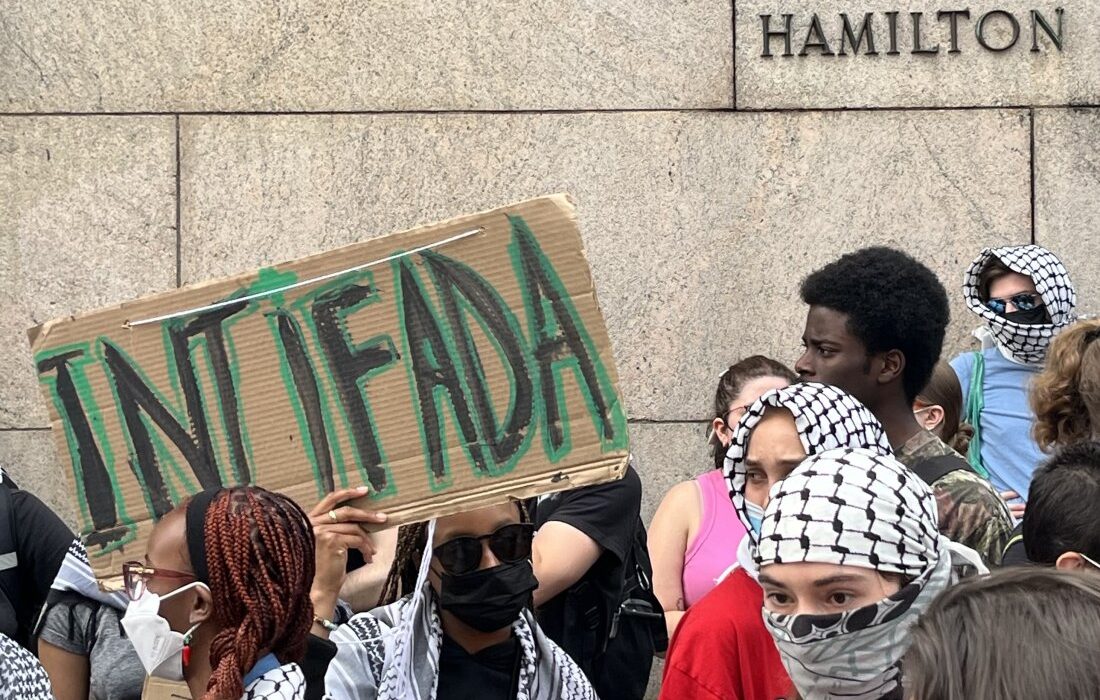The Hypocrisy of Pro-Palestinian Activists: Far from True Champions of Open Debate
Since October 7, the discourse on U.S. campuses has often been framed as a clash between free speech and hate speech. Pro-Hamas protesters argue that universities are suppressing their right to expression, while Jewish students highlight the intimidation, violence, and disruption of educational programs stemming from “pro-Palestinian” activism. Critics also note that before October 7, universities often censored politically incorrect speech.
This framing, however, is fundamentally flawed. “Pro-Palestine” activists are not champions of free and open debate. Instead, they employ their platforms to advance divisive and often menacing rhetoric. A closer look at Columbia University reveals the extent of this troubling trend.
The Columbia Example: Free Speech or Fear Tactics?
Columbia University has become a microcosm of this larger issue. Last April, students there declared that “Zionists” were unwelcome on campus, even as they decried others for suppressing alternative viewpoints. This contradiction was glaring in the actions of Columbia Law Students for Palestine (CLSP), a group that both claims censorship and actively discourages open dialogue.
CLSP’s internal practices reveal a stark departure from the principles of free speech. For example, the group’s “SpeakerWatch” emails aim to dissuade members from engaging with pro-Israel events. When Israeli historian Benny Morris hosted a Zoom session last January, CLSP labeled him a racist and Islamophobe, urging students to boycott the event in favor of their own gatherings.
Similarly, in March, CLSP attacked a panel of Israeli legal scholars organized by Columbia Law School’s Center for Israeli Studies. Rather than encourage debate or participation, the group disparaged the panelists and condemned the event as endorsing violence. Such tactics create an environment of fear and hostility, discouraging the expression of unpopular opinions and eroding meaningful dialogue.
Restoring Free Expression: Policy and Culture
One proposed solution to this toxic environment is enforcing “time, place, and manner” restrictions on speech, as suggested by Columbia University’s Task Force on Antisemitism. These guidelines would regulate when and where protests occur, ensuring they do not disrupt campus operations or threaten safety. Despite the soundness of these recommendations, they remain largely ignored.
Policy changes alone, however, cannot repair the culture of censorship and intimidation. A deeper transformation is necessary—one that begins with university leadership. Deans and administrators must foster an ethos of free and respectful speech, encouraging students to engage in civic dialogue rather than resorting to mob-like tactics.
In his book Lawless, Shapiro outlines how administrators can instill a culture of public service, entrepreneurship, or social justice. The same effort should be applied to promoting free expression. Only then can universities reclaim their role as arenas for diverse ideas.
Seeking New Horizons: Alternatives to Toxic Campuses
Students who value intellectual freedom should reconsider their choice of institutions. States like Florida, Arizona, and Ohio have established civic centers at flagship universities, promoting a range of viewpoints and hiring academics who dissent from progressive orthodoxy. These initiatives foster thoughtful debate rather than echo chambers of hostility.
Universities must ensure that free speech goes beyond slogans and includes genuine engagement with opposing ideas. Chanting about “intifada” or labeling peers as “Nazis” does not constitute meaningful expression. A culture of free speech requires listening, reflecting, and articulating ideas—not silencing dissenters.
The Path Forward
The post-October 7 campus conflict underscores the need for a cultural shift in how universities handle free expression. It’s not enough to denounce hate speech; institutions must actively cultivate spaces where all voices can be heard without fear of intimidation or retribution.
By embracing these principles, universities can move beyond the false dichotomy of free speech versus hate speech and toward a richer, more respectful campus dialogue.



